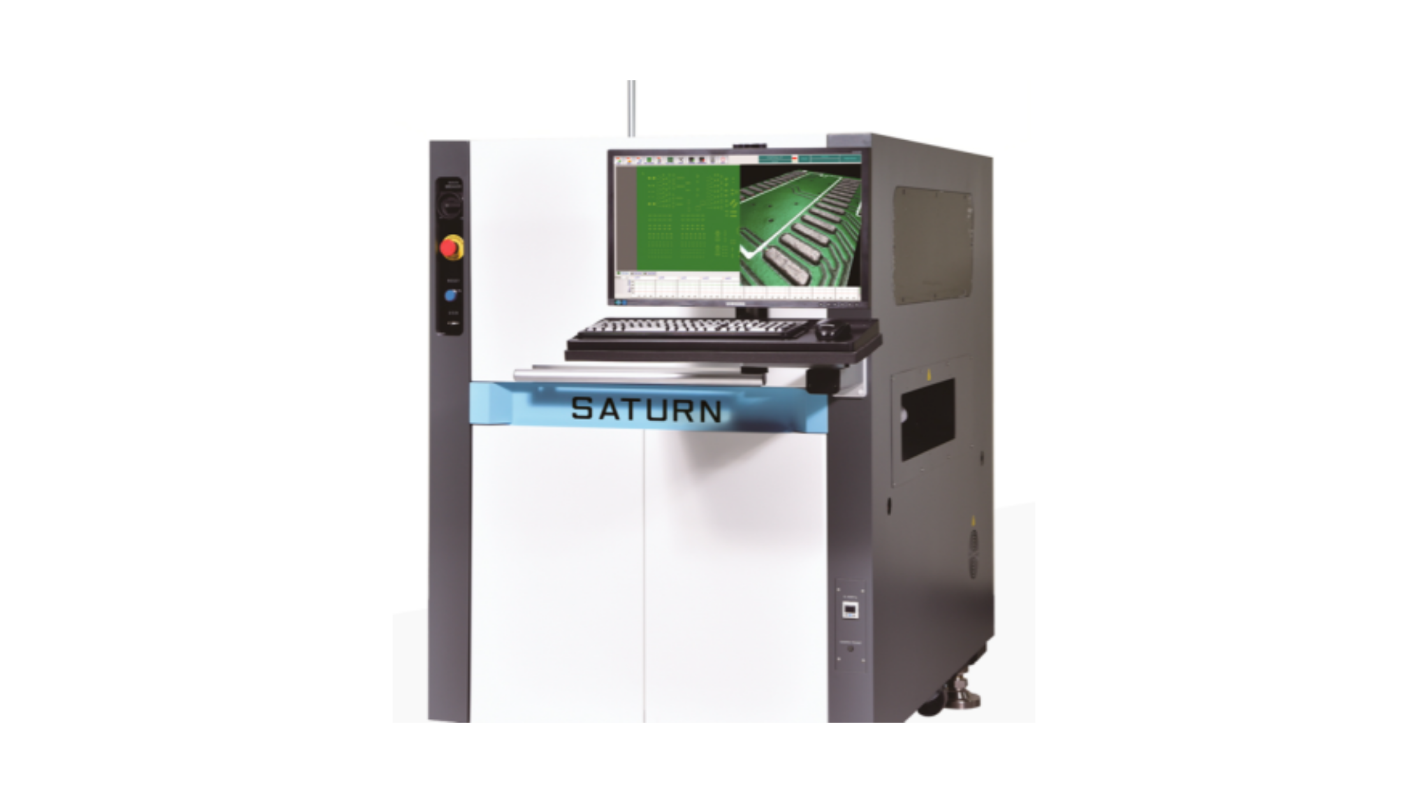
The importance of solder paste inspection is essential for quality assurance. It ensures consistent quality and prevents defects that could compromise the entire manufacturing process.
Let’s understand this better!
In electronics manufacturing, even the smallest defect can cause a product to fail. Ensuring that the solder paste is applied correctly is essential, which is why the Solder Paste Inspection machine has become a key part of quality control in SMT assembly.
Keep reading to learn more about it!
Importance of Solder Paste Inspection: A Full Guide
What Is Solder Paste Inspection?
Solder Paste Inspection is the process of checking the volume, shape, and placement of solder paste deposits on a PCB before components are placed. SPI machines use advanced 3D imaging systems to measure every pad on the board and compare it to predefined standards.
This early inspection allows manufacturers to catch errors before they become costly problems downstream.
Is a Solder Paste Inspection Machine Important?
Proper solder paste application is the foundation of reliable PCB assembly. If the paste is too little, solder joints may be weak, leading to open circuits or intermittent failures.
If too much paste is applied, it can cause bridging, short circuits, or component misalignment. By detecting these issues early, SPI ensures that boards meet strict quality standards before moving to the pick-and-place stage.
What are the Benefits of a SPI Machine?
Solder Paste Inspection provides multiple advantages for PCB assembly. First, it improves product reliability by ensuring that every solder joint is formed correctly.
Second, it reduces rework and scrap costs by catching defects before components are added. Third, it provides valuable feedback for process control, helping manufacturers fine-tune solder paste printing, stencil design, and material handling.
In high-volume production, this consistency is critical to maintaining efficiency and minimising downtime.
What are the Applications of a Solder Paste Inspection Machine?
While SPI is valuable for almost any electronics manufacturer, certain industries depend on it more than others due to the high stakes of quality, safety, and performance.
Automotive Industry
Automobiles today are packed with electronics, from engine control units and infotainment systems to advanced driver-assistance systems (ADAS). Even a minor defect in a PCB can lead to system failure or safety issues.
Automotive manufacturers rely on SPI to ensure every solder paste deposit is accurate, preventing defects like cold joints, opens, or bridging that could compromise vehicle safety.
Aerospace and Defense
In aerospace and defense, reliability is non-negotiable. Circuit boards used in aircraft, satellites, or defense equipment must function flawlessly in extreme conditions, including high vibration, temperature fluctuations, and exposure to harsh environments.
SPI ensures that solder paste is applied perfectly, reducing the risk of failures that could have catastrophic consequences.
Medical Devices
Medical electronics, such as imaging equipment, diagnostic machines, and wearable health monitors, require precise and reliable PCBs.
A single defective solder joint could affect device accuracy or lead to malfunction. By implementing SPI, medical device manufacturers maintain the highest quality standards, ensuring patient safety and regulatory compliance.
Consumer Electronics
Even in high-volume consumer electronics like smartphones, laptops, gaming consoles, and smart home devices, quality is critical.
SPI helps manufacturers maintain consistent solder paste application across thousands of units, reducing defects, minimising rework, and keeping production efficient.
The result is better reliability and customer satisfaction.
Why do these Industries Need Solder Paste Inspection Machines?
Across all these industries, SPI provides a single, crucial benefit: it ensures high-quality PCB assembly before components are even placed.
By inspecting solder paste volume, shape, and alignment, SPI prevents defects early, reduces rework costs, and increases overall product reliability.
For industries where failures are costly or dangerous, SPI is indispensable.
Conclusion
When paired with advanced SMT machines, your SPI machines become an integral part of a streamlined manufacturing workflow, minimising the risk of rework and enhancing reliability.
Investing in a reliable solder paste inspection machine ensures product quality and also reinforces your reputation for excellence.
Looking to deliver dependable, high-performance PCBs to the market? HJE Tech India PVT. LTD. awaits you!
Where to Get the Highest Quality SPI Machines in India?
At HJE Tech, we understand that precision and reliability are non-negotiable in SMT machines.
Our state-of-the-art SPI machines help you maintain the highest quality standards and deliver flawless SMT solutions across multiple industries. We provide the technology and expertise needed to ensure superior PCB assembly reliability.
FAQs on Solder Paste Inspection Machine
Why is SPI important in PCB assembly?
SPI is important because the solder paste forms the foundation of every electrical connection. Incorrect or inconsistent paste application can lead to weak joints, shorts, or open circuits. SPI catches these issues early, reducing defects and improving product reliability.
How does SPI improve manufacturing efficiency?
SPI provides instant feedback on the solder paste printing process. If the paste volume or placement is off, operators can adjust the stencil printer or process parameters immediately. This ensures consistent quality, reduces scrap, and keeps high-volume production running smoothly.
Is SPI necessary for all PCB assemblies?
While small-scale or low-complexity boards may not strictly require SPI, any high-reliability or high-volume production line benefits greatly from it. SPI ensures consistency, reduces rework, and protects product quality.
What are the main advantages of using SPI?
The main benefits include:
- Early detection of solder paste defects
- Improved PCB quality and reliability
- Reduced rework and scrap costs
- Optimised manufacturing process control
- Consistency in high-volume production
